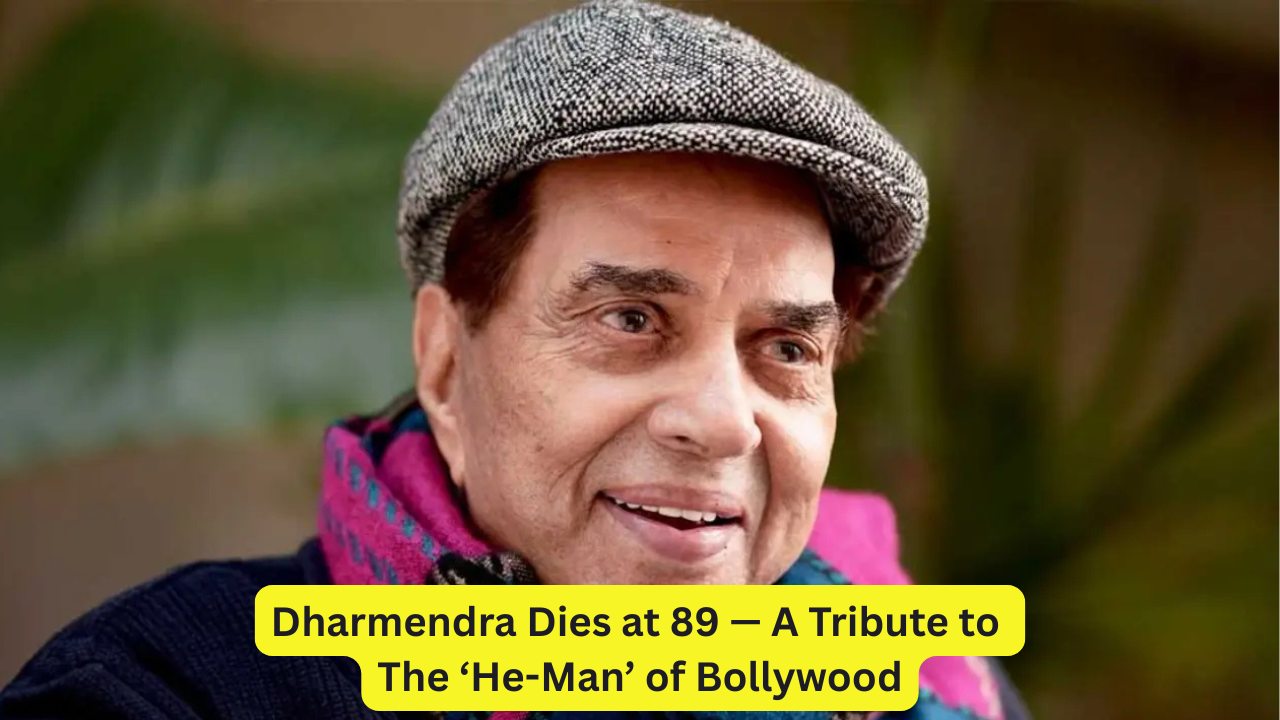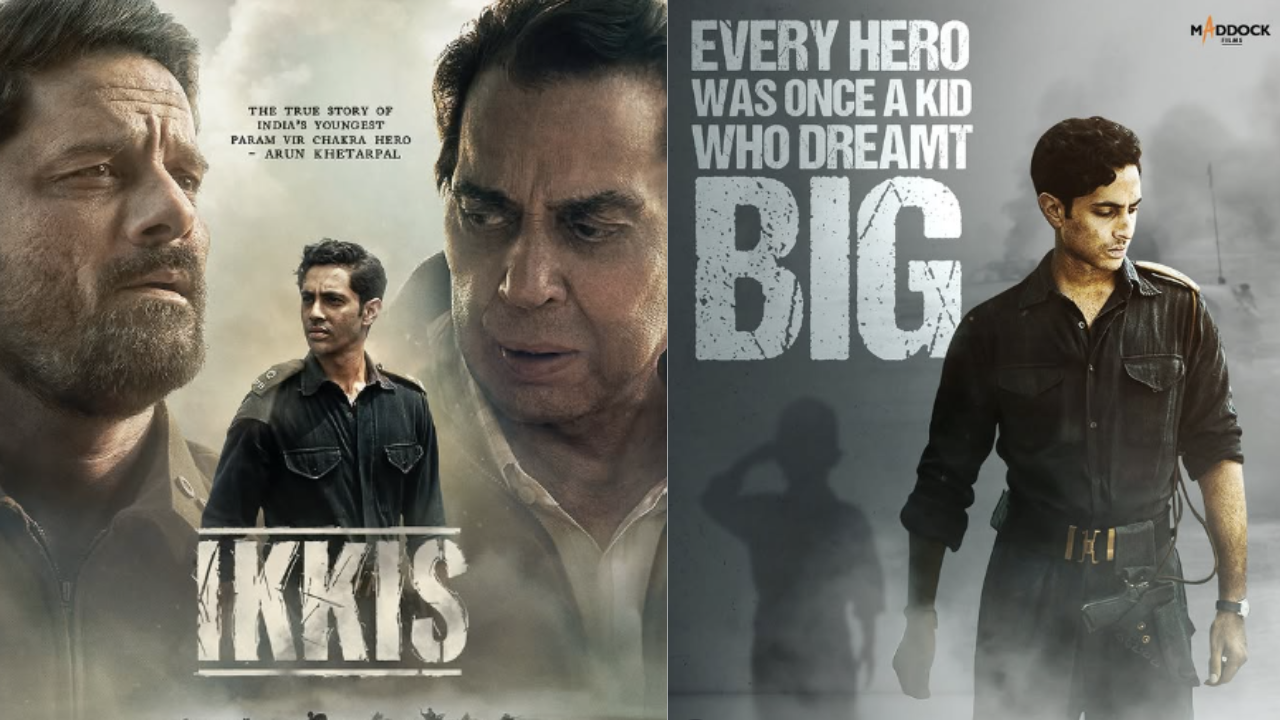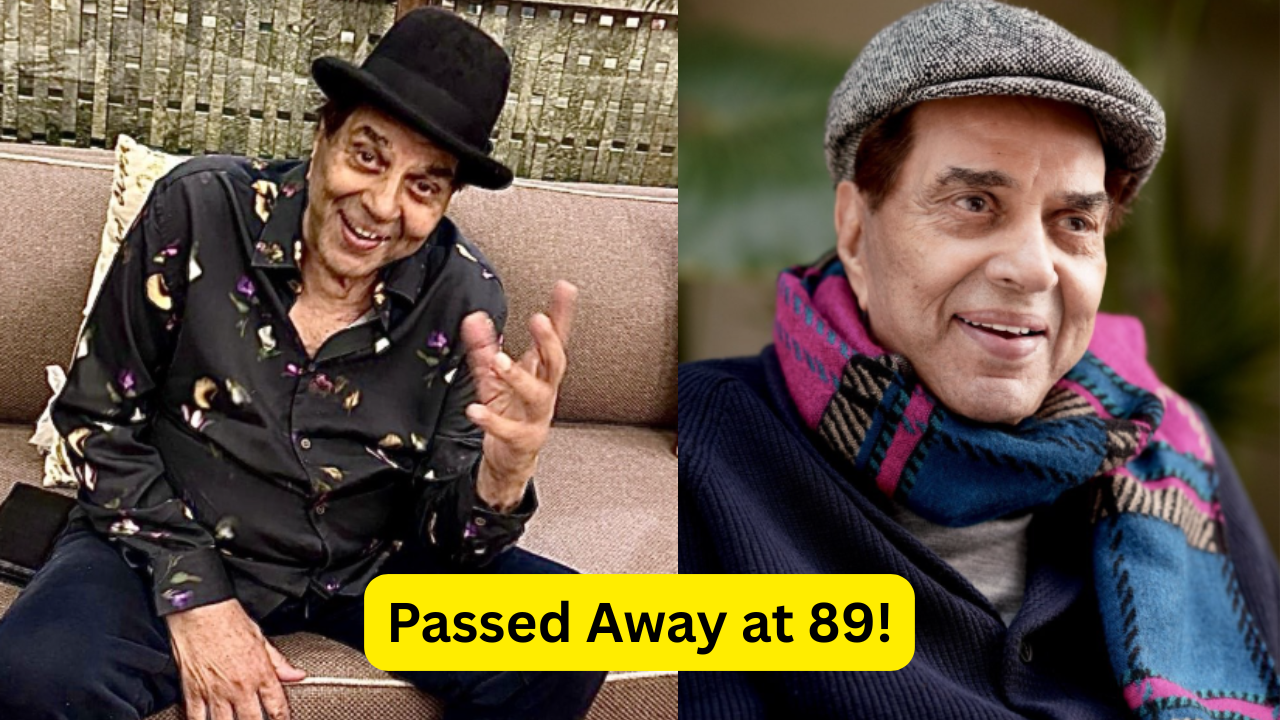October 5 every year is observed by fans of the eternal, martini-drinking, suave spy, Agent 007, as James Bond Day. This is because it was 63 years ago, on October 5, 1962, that the first James Bond feature film, Dr. No, was premiered into U.K. cinemas. But James Bond’s phenomenon was years ahead of that: It began nine years sooner, when author Ian Fleming’s initial novel to star Bond, Casino Royale, came out in April 13, 1953, published by Jonathan Cape. Therefore, perhaps James Bond Day could be celebrated twice a year.
The Enduring Fascination with Bond
Whether you celebrate whenever you do or whatever it is that you’re pining for James Bond, a guarantee is that today more than ever, speculation and discussion regarding Bond is in overdrive. As the movie franchise prepares for an enormous Amazon MGM-supported comeback with Denis Villeneuve, director of Dune, and Peaky Blinders writer Steve Knight, the world anxiously awaits the next Bond installment. But why in the world do we still need James Bond? Why are men still attracted to him? In 1997’s Tomorrow Never Dies, Sheryl Crow swore that it was all about “martinis, girls, and guns.” But, Shakespeare has just as much sex, violence, and libertine goings-on. So, the Bond cocktail recipe is not merely run-of-mill thrills.
More Than Just Macho Appeal
In 2023, returning author James Bond writer Kim Sherwood indicated she felt that some fleeting glimpses of Bond’s popularity were misleading. “You would think he’s just for a macho crowd or something. But for something to be this worldwide popular for so long, there must be more going on than that.”
Yes, there is an escapist element to James Bond, and that is what Ian Fleming intended when he created the character. “He’s a plausible man—around whom I attempt to spin a great web of thrills and fantasy,” Fleming said in 1964. Everyone knows the web of thrills and fantasy, but the plausibility factor, because of the over-the-top movies, sometimes can be a little more elusive.
Bond’s Relatability and Aspirational Edge
And yet, if you break Bond down in both the details and the broad brushstrokes, his popularity is 100 percent tied to both his relatability as well as an unobtrusive aspirational element. Sean Connery’s Bond was relatable because he had a dry, earthy sense of humor. Roger Moore’s Bond stretched that premise and made Bond more of a dad joke, pun specialist, the kind of guy who is raising an eyebrow at all times.
Pierce Brosnan’s Bond remains like a suave older statesman of action pictures, and Timothy Dalton was an approximation of Byronic portrayal of Bond, the type of Bond our mothers loved because he behaved like a brooding hero from a Brontë novel. (Dalton’s Heathcliffe in the 1970 production of Wuthering Heights remains unbeaten.) George Lazenby’s fumbling on-off Bond made Bond a romantic disaster, and Daniel Craig’s 007 is the sum of all the previous Bonds. (Yes, even Moore. Check out some of those one-liners! “That last hand nearly killed me!”) And in the course of doing this, Bond is idealistic, not because he gets to have fun girlfriends or drink and eat all he wants, but because he is reasonable in an unreasonable world.
The Myth of Bond’s Snobbery
Anti-Bond individuals will characterize him as a snob who orders dainty drinks. But Bond has been canonically consuming Heineken for the ’90s, and in 1967 for promotion of You Only Live Twice, Sean Connery had done commercials for Jim Beam. So, the idea that Bond is snobbish is out the window. And, just because you have taste and like things, that’s not necessarily a bad thing. In fact, it is Bond’s confidence in the ordinary and everyday tasks, from dressing to driving, to checking into hotels, which renders him so inspiring to viewers across the globe, particularly men. Bond is witty, but the character is not cynical.
The Psychology Behind Bond’s Appeal
He’s too nose-to-the-grindstone, task-driven to be cynical. In fact, Bond’s mind is rather methodical. He’s not a chaotic madman or a psycho killer. He’s a hip fellow, in the sense that because he’s a secret agent, he’s not drawing attention to himself. We deem Bond flashy because the books and movies are about him. But, as writer Kingsley Amis pointed out, it is the fact that Bond is a Secret Agent that makes him sexy. As a Secret Agent was anyone, Amis figured that there was “universality of the secret agent as a focus of day-dreaming.” Daydreams and fantasies will always be a part of what makes us all tick. And James Bond isn’t a fantasy about someone who lives an outrageous life all the time. He lives that life specifically when he’s working. What about the rest of the time? Well, the rest of the time, Bond remains, safely, anonymous, alive, and secretly, undercover inside all of us.










